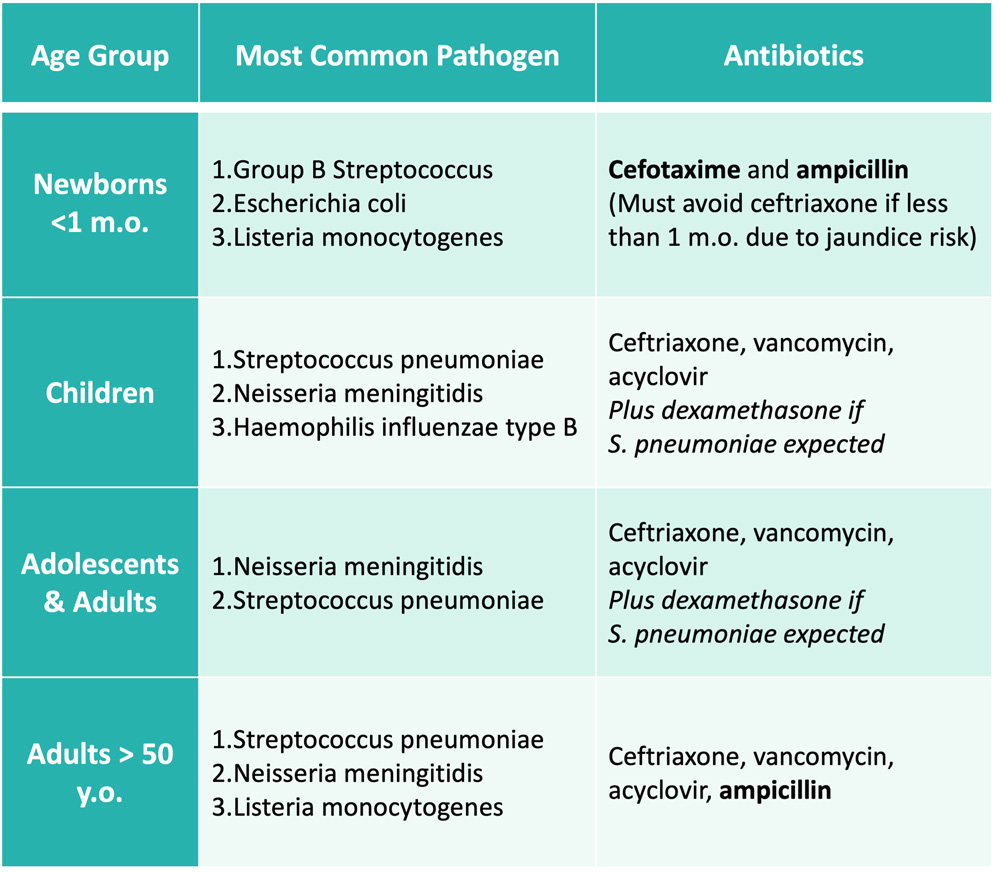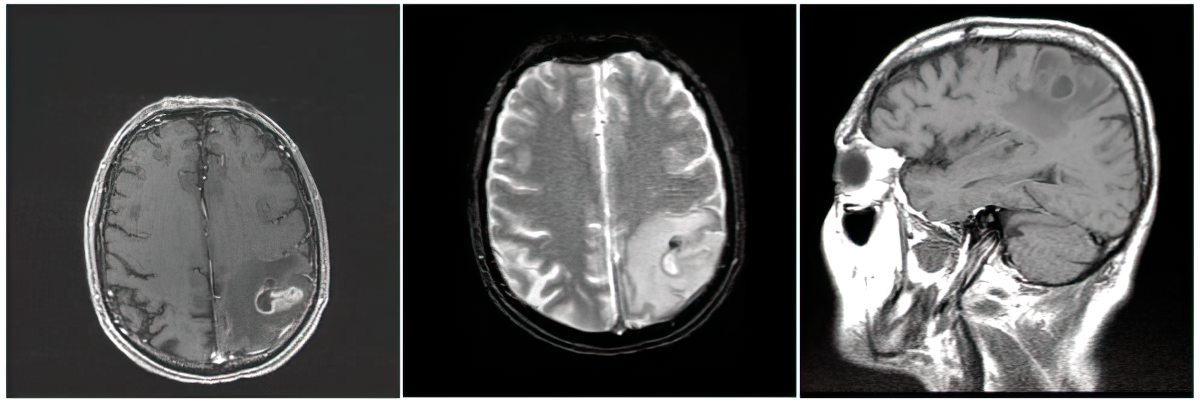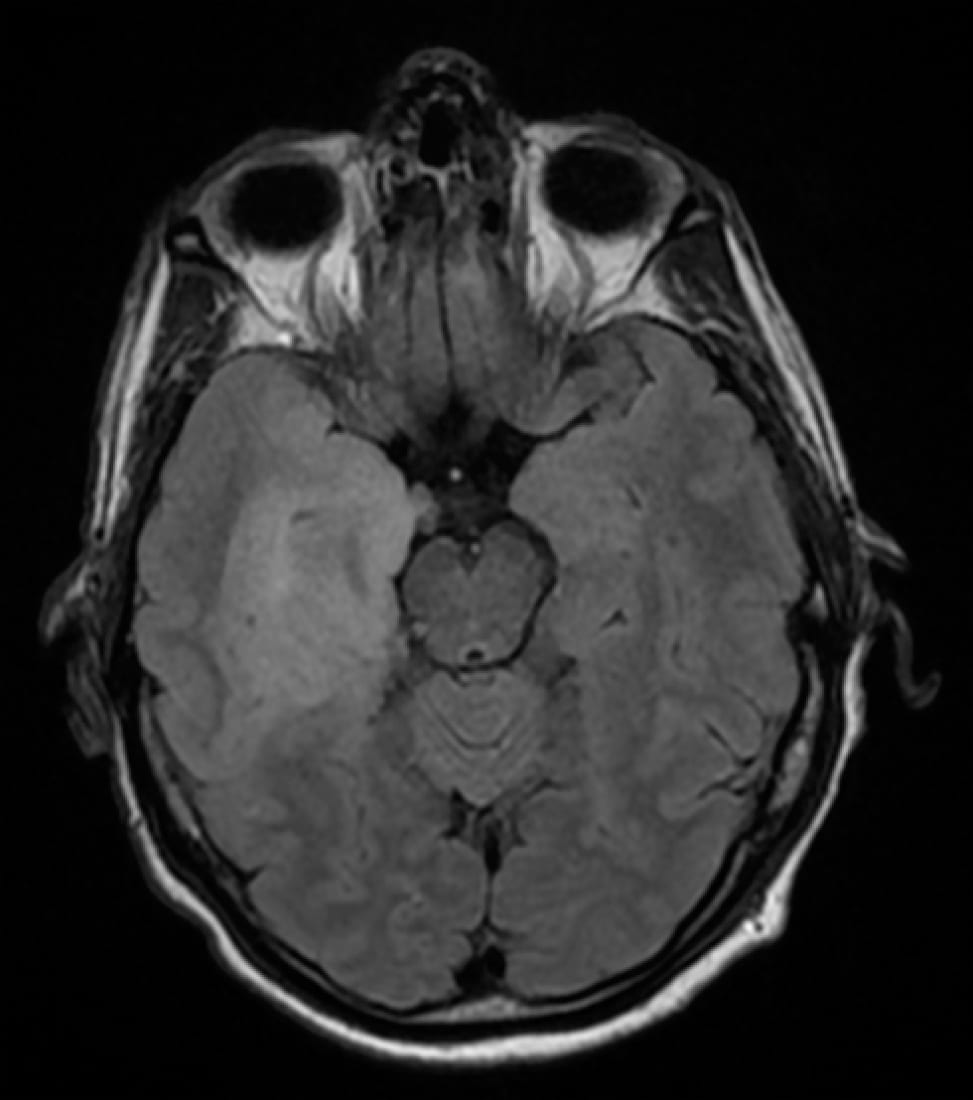Other Neurologic Disorders
This chapter delves into various neurologic disorders that psychiatry residents must be proficient in identifying and understanding, as these conditions often present in psychiatric settings, sometimes as primary symptoms or as comorbidities complicating treatment protocols.
The chapter begins with an in-depth exploration of infectious diseases affecting the nervous system, discussing bacterial, viral, fungal, and parasitic infections. We examine the pathogens, clinical presentations, diagnostic strategies, and treatment protocols, emphasizing the psychiatric manifestations and complications that may arise. Special attention is given to conditions like Lyme disease, syphilis, and various forms of encephalitis, which can present with psychiatric symptoms and often pose a diagnostic challenge.
The middle portion of the chapter shifts focus to neuro-oncology, discussing primary brain tumors, metastatic cancers, and paraneoplastic syndromes. We dissect the psychiatric and cognitive manifestations associated with these conditions, emphasizing the role of the psychiatrist in a multidisciplinary approach to care.
Lastly, the chapter addresses various pain syndromes, including neuropathic pain and fibromyalgia, conditions often encountered in psychiatric practice due to their significant impact on patients’ mental health.
This comprehensive overview serves as a robust foundation for psychiatry residents, preparing them for the In-service and ABPN Psychiatry Boards examinations, and more importantly, their future clinical practice.
Infections of the Nervous System
Bacterial
- Lasting sequela of bacterial meningitis can include hearing loss, permanent motor deficits, learning disability, epilepsy, and/or hydrocephalus.
Borrelia burgdorferi (Lyme neuroborreliosis)
- Lyme disease presents acutely with local erythema migrans at the bite site with a viral-like syndrome. Progression to CNS Lyme (neuroborreliosis) will exhibit deficits in executive function, attention, organization, initiation, abstract concept formation, and verbal fluency.
- Diagnostic studies: Demonstration of intrathecal antibody production and cerebral spinal fluid (CSF) polymerase chain reaction (PCR) for the Borrelia spirochete.
Treponema pallidum (Syphilis)
- Five types (congenital, primary, secondary, latent, and tertiary).
- Neurologic manifestations occur in tertiary syphilis, which occurs 3-25 years after infection onset and presents with tabes dorsalis (degeneration of the dorsal columns) or rarely paresis and may demonstrate Argyll Robertson pupils (accommodates but does not constrict to light).
- Other neuropsychiatric symptoms include cognitive impairment, personality changes, memory loss, irritability, and delusions
Viral
Herpes (HSV)
- Herpex encephalitis presents with personality changes, seizures, and meningitis symptoms (fever, headache, AMS).
- Treatment: IV acyclovir
- MRI: Temporal lobe changes including edema, restricted diffusion, and contrast enhancement.
- Electroencephalogram can show temporal lateralized periodic discharges and focal slowing.
Log in to view the remaining 60-90% of page content!
New here? Choose an account!
1 Month Plan
Full Access Subscription-
Access to all chapters
-
Access to all images and cases
-
Access to all flashcards
-
Access to Full Question Bank
3 Month Plan
Full Access Subscription-
Access to all chapters
-
Access to all images and cases
-
Access to all flashcards
-
Access to Full Question Bank
1 Year Plan
Full Access Subscription-
Access to all chapters
-
Access to all images and cases
-
Access to all flashcards
-
Access to Full Question Bank




